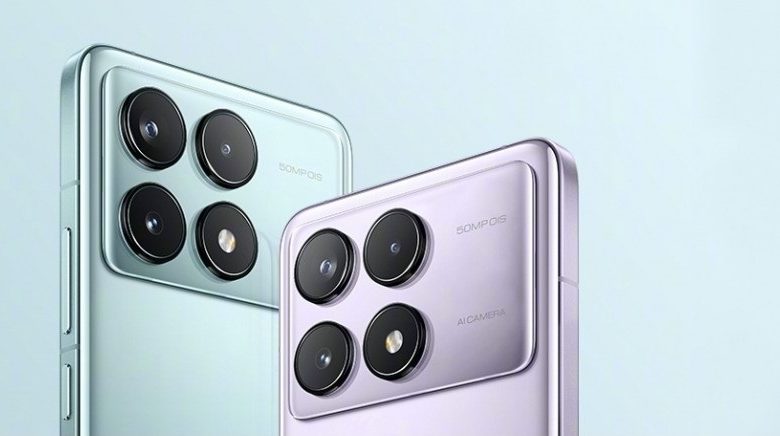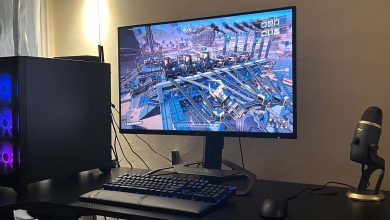Poco F6 Pro Revelado como Redmi K70 Idêntico: Deslize Acidental pela equipe da Xiaomi

A Xiaomi está trabalhando em um Poco F6 Pro e lançou uma atualização pública para o telefone, apesar de ainda não ter sido lançado.
O interessante é que o arquivo também inclui o codinome do telefone, que é Vermeer. E se isso parece familiar é porque também é o nome do modelo do Redmi K70. A Xiaomi nunca reutiliza isso, então esta é uma evidência clara de que os dois telefones são perfeitamente idênticos.
É assim que o Poco F6 Pro se igualará ao Redmi K70, ostentando um chipset Snapdragon 8 Gen 2 e uma bateria de 5.000 mAh.
Anteriormente, vimos o Poco X6 Pro seguir o Redmi K70E, embora o X6 Pro tivesse que se contentar com uma bateria menor e uma taxa de carregamento de apenas 67W em vez de 90W.
Quando a Xiaomi decidir lançar o Redmi K70 para clientes internacionais com seu novo nome, teremos o Poco F6 Pro com tela OLED de 6,67” com resolução QHD+, câmera principal de 50 MP e carregamento de até 120W.



